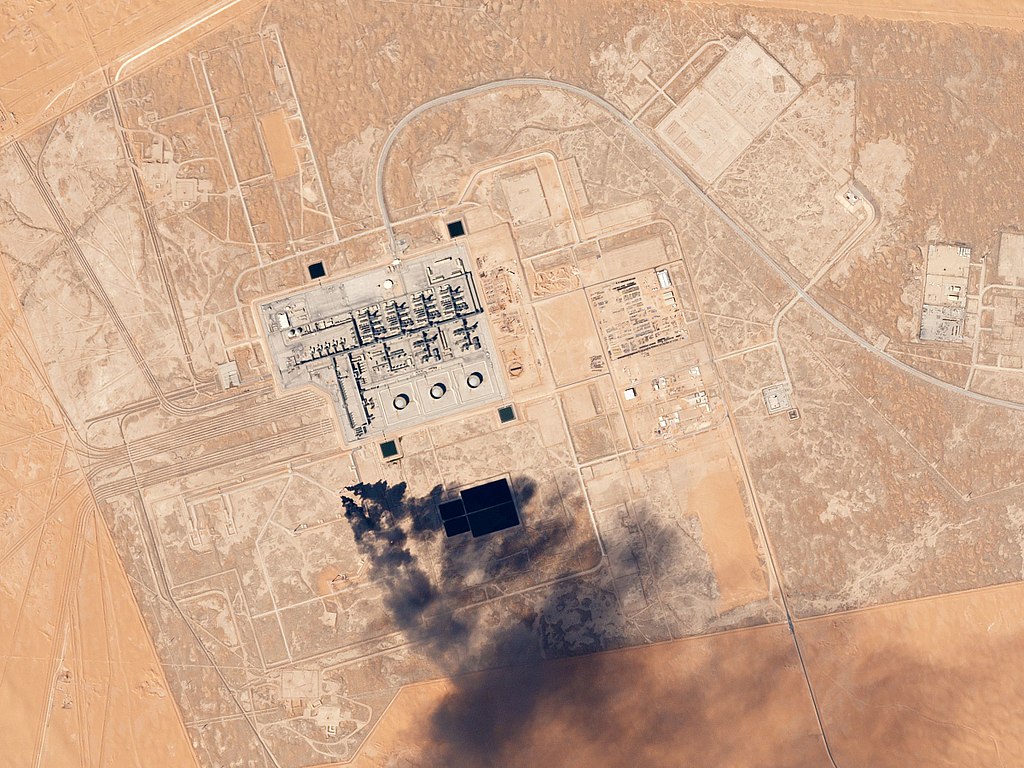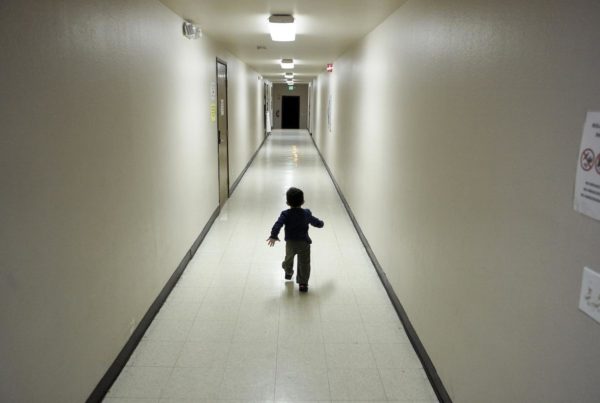A drone attack at a Saudi oil field over the weekend stopped the production of approximately 5.7 million barrels per day worth of oil – that amounts to about 5% of all the world’s oil production. Since then, prices for oil and other commodities rose sharply, and President Donald Trump says Iran is to blame, though that hasn’t been confirmed.
Jon Gambrell is the Persian Gulf and Iran news director for the Associated Press, and says Iranian-backed Houthi rebels in Yemen claimed responsibility for the attack. But Gambrell says there’s reason to doubt that account.
“In recent hours, we have had the U.S. government come out with some satellite imagery that they say show that the attacks maybe came from the north, as opposed [to] from the south,” Gambrell says. “Yemen is south of where these sites are.”
Because Saudi Arabia is such an important part of the global oil market, changes in its production could have a ripple effect, Gambrell says.
“The amount of oil that Saudi Arabia puts out into the global market, especially into Asia, plays a big role in how the global energy market works,” he says. “It could be pretty pressuring to the American consumer and consumers around the world.”
What you’ll hear in this segment:
– Why the U.S. government claims Iran, or possibly Iraq, was responsible for the drone attack
– Why Houthi rebels in Yemen are also claiming responsibility
– How the drone attack could affect world, U.S. and Texas economies
– What the effect could be on markets if production is stalled for an extended period of time
Written by Caroline Covington.















